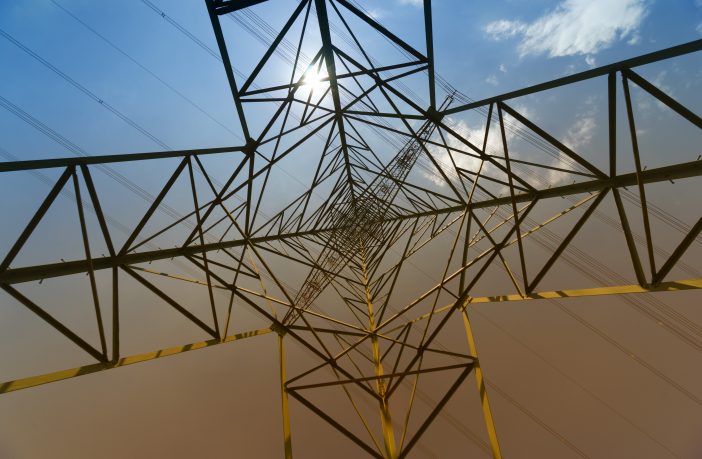- Africa’s power sector leaders must devise new mechanisms to attract more private sector investment into power transmission lines, energy experts agreed at a technical roundtable last week.
- The meeting, hosted by the African Development Bank to mark the 3rd Africa Energy Market Place (AEMP), explored how to structure private sector financing to meet the investment needs of transmission lines.
- It also covered the investment priorities of transmission companies, alternative funding options, and bankable transaction structures.
Chairing the discussions, Batchi Baldeh, Director for Power Systems Development at the Bank noted that private investments in transmission networks under Public Private Partnership arrangements, will be critical to complement Government budgets and ensure timely delivery of cost-effective power to consumers.
Annual investments required for 2015-2040 to expand the transmission networks are estimated at $3.2 billion to $4.3 billion.
“The private sector is key to closing this finance gap. Private finance has supported the expansion of electricity transmission infrastructure in many regions of the world and the same can happen in Africa,” Baldeh said.
Participants included energy stakeholders from the African Development Bank, World Bank, USAID’s Power Africa, Commonwealth Development Corporation’s Gridworks, private developers and public utilities.
They discussed how mechanisms that have worked elsewhere could be replicated in sub-Saharan Africa, especially the need for strong government support and credit enhancement.
“We know how to structure, finance, build, operate IPPs. We have also seen Independent Power Transmission models succeed in Africa (e.g. Mozambique Transmission Company, MOTRACO),” said Angela Nalikka, the bank’s manager for national and regional power systems.
Nalikka said the meeting helped participants to explore the possibility of implementing pilot independent power transmission lines and understand the structuring and financing prerequisites.
Author: Babalwa Bungane
This article was originally published on ESI Africa and is republished with permission with minor editorial changes.















